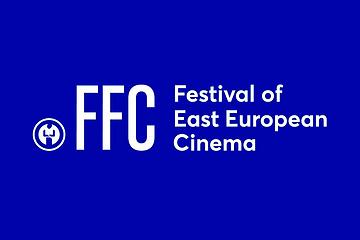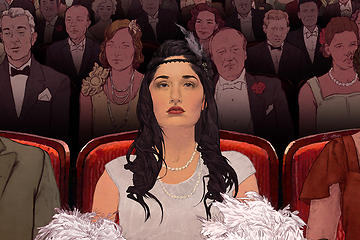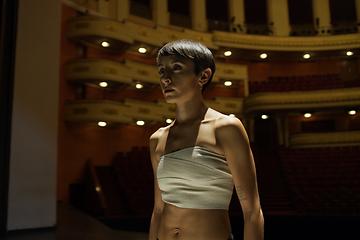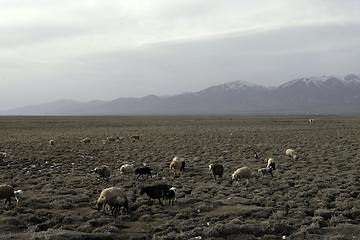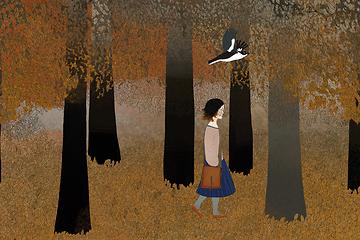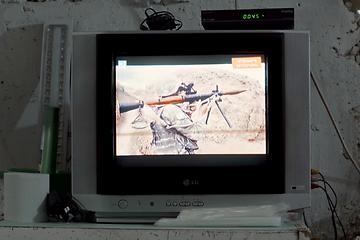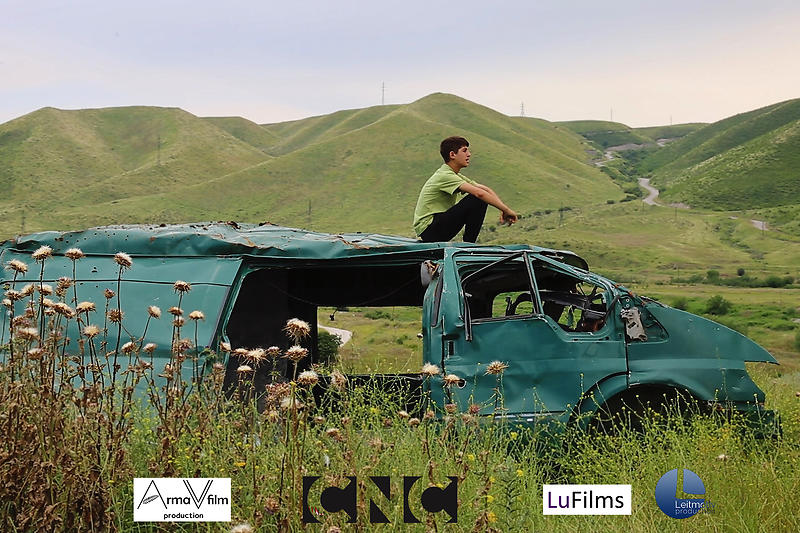
THE WAR DIARY
THE WAR DIARY

THE WAR DIARY is a personal look, from the past, at the reality of present-day life. The focus is always on encounters. 14-year-old Artyom leads Hakob through an abandoned trench in which they have to throw themselves to the ground when shots sound out. Varvara, 95 years old, tells of how her house came under fire during an exchange between Georgian and Abkhazian soldiers. 97-year-old Oleg recalls battles fought against the Nazis on the Ukrainian front. These are just a few of the many stories that the route has in store for Hakob and the viewer. They speak not only of the Second World War but also of current conflicts in Armenia and Georgia and of the war in Ukraine. And first and foremost of the people who have to live through them. The question is repeatedly posed as to how it has come to pass that communities that once fought side by side against the German invaders, and together experienced the resultant collective trauma have, in many places, been at war with each other since the fall of the Soviet Union. The film refuses to give simple answers however and instead shows how multifaceted, complex and, in certain cases, quite irrational these conflicts are. Foregoing contextual commentary the film, by means of association, leaves the narrative to the diary entries of the protagonist’s grandfather, written over 80 years ago. Arriving at his memorial plaque, the connection between past and present evokes the disquieting question as to how many more such plaques will have to be erected in the future.
Text: Merlin Webers
05.11.2024 | 19:00 | Obenkino (original version with English subtitles)
08.11.2024 | 10:30 | Kammerbühne (original version with English subtitles + simultaneous translation into German)
Supporting film: LUMEN NATURARE (Arthur Sukiasyan, AM 2024, 20 Min)
Hakob Melkonyan
Arsen Khechoyan
Vagharsh Avjyan
Peter Hall
ArmavFilm Production
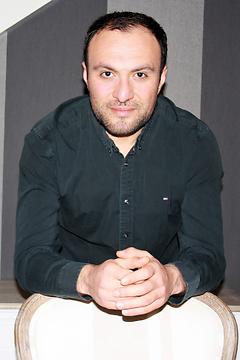
Hakob Melkonyan - Born in 1984 in Armenia. Since 2009 he has been living between France and Armenia. His studies at the University of Cinema and Theatre in Yerevan (2001-2005) and then at the University of Cinema and Television in Munich (2006-2009) gave him the necessary distance from the history of his country, which he now feels ready to return to. In 2010, he took part in a GREC (Groupe de Recherches et d'Essais Cinématographiques) writing workshop with his short film project "Le Mur blanc". After directing a number of 52-minute documentaries for France Télévisions, in 2015 he wrote and directed his first feature-length documentary "L'Arbre", about the Armenian Genocide. The film was screened in seven countries and won the Grand Prize at the Vues Du Monde Festival in Montreal in 2016. In 2020 he wrote and directed his second feature-length documentary, "Blocus", about an Armenian village. For thirty years, its inhabitants have been trying to survive the war on the border between Azeris and Armenians. This film was developed during DOCMONDE's writing residency in 2018 and made as part of the Lumière du Monde collection. In 2023 he wrote and directed his third feature-length documentary, "Nous étions frères". This film is the 3rd in a trilogy about Armenia after "L'Arbre", and "Blocus", the first about the genocide and the second about the border war with Azerbaijan. In this film, the director moves back and forth through time, from the Second World War, when the peoples of the USSR were defending Europe against barbarism, to the present day, when they are killing each other. After this personal trilogy, now he is working on his first feature film “Au milieu de nulle part” which is a war drama. Therefore, he was the winner of the “From Short to Feature” screenplay training in the summer of 2021, offered by FEMIS, and in the autumn of 2022, he participated in a cinema writing residency at ALCA Nouvelle-Aquitaine, in Chalet Mauriac.

